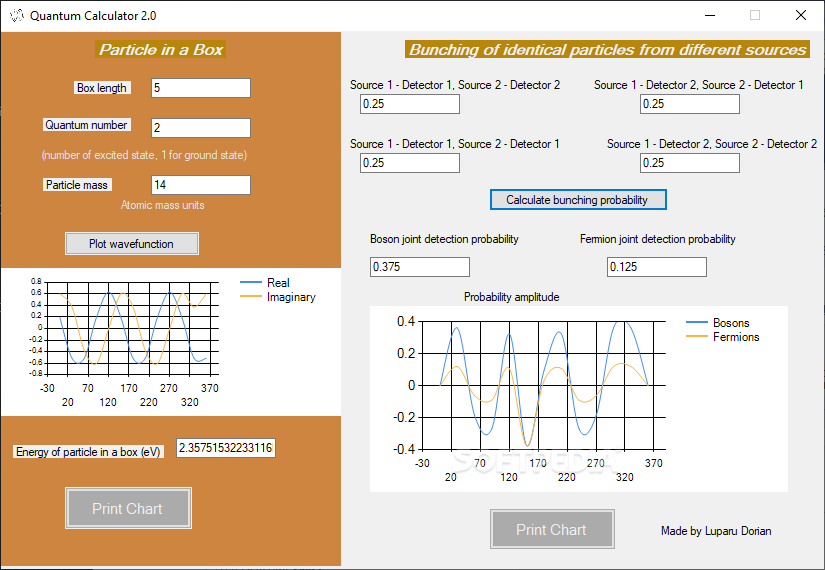

See also: Quantum state, Density matrix, and Mathematical formulation of quantum mechanics They go on to note that "While quantum computing promises to help businesses solve problems that are beyond the reach and speed of conventional high-performance computers, use cases are largely experimental and hypothetical at this early stage." Quantum circuit In December 2021 McKinsey & Company analysis states that ".investment dollars are pouring in, and quantum-computing start-ups are proliferating". National Aeronautics and Space Administration ( NASA), claimed to have performed a quantum computation that was infeasible on any classical computer, but whether this claim was or is still valid is a topic of active research. On 23 October 2019, Google AI, in partnership with the U.S. Despite ongoing experimental progress since the late 1990s, most researchers believe that " fault-tolerant quantum computing still a rather distant dream." In recent years, investment in quantum computing research has increased in the public and private sectors. In 1998 Isaac Chuang, Neil Gershenfeld and Mark Kubinec created the first two- qubit quantum computer that could perform computations. In 1994, Peter Shor developed a quantum algorithm for finding the prime factors of an integer with the potential to decrypt RSA-encrypted communications. In 1986 Feynman introduced an early version of the quantum circuit notation.

Richard Feynman and Yuri Manin later suggested that a quantum computer had the potential to simulate things a classical computer could not feasibly do. Quantum computing began in 1980 when physicist Paul Benioff proposed a quantum mechanical model of the Turing machine.

Notably, quantum computers are believed to be able to quickly solve certain problems that no classical computer could solve in any feasible amount of time-a feat known as " quantum supremacy." The study of the computational complexity of problems with respect to quantum computers is known as quantum complexity theory.įor a chronological guide, see Timeline of quantum computing and communication. This means that while quantum computers provide no additional advantages over classical computers in terms of computability, quantum algorithms for certain problems have significantly lower time complexities than corresponding known classical algorithms. In other words, quantum computers obey the Church–Turing thesis. Conversely, any problem that can be solved by a quantum computer can also be solved by a classical computer, at least in principle given enough time. Īny computational problem that can be solved by a classical computer can also be solved by a quantum computer. Quantum computers therefore require error correction. It is particularly difficult to maintain qubits' quantum states, as they suffer from quantum decoherence. There are currently a number of significant obstacles to constructing useful quantum computers.
#Simple quantum calculator full
: 2–13 These qubits may be designed differently, depending on the full quantum computer's computing model, as to whether quantum logic gates, quantum annealing, or adiabatic quantum computation are employed. One model that does not use qubits is continuous variable quantum computation.Įfforts towards building a physical quantum computer focus on technologies such as transmons, ion traps and topological quantum computers, which aim to create high-quality qubits. When it is measured, however, it is always 0 or 1 the probability of either outcome depends on the qubit's quantum state immediately prior to measurement. A qubit can be in a 1 or 0 quantum state, or in a superposition of the 1 and 0 states. Most models are based on the quantum bit, or " qubit", which is somewhat analogous to the bit in classical computation. Other models include the quantum Turing machine, quantum annealing, and adiabatic quantum computation. There are several models of quantum computation with the most widely used being quantum circuits. The study of quantum computing is a subfield of quantum information science. Though current quantum computers are too small to outperform usual (classical) computers for practical applications, larger realizations are believed to be capable of solving certain computational problems, such as integer factorization (which underlies RSA encryption), substantially faster than classical computers. Devices that perform quantum computations are known as quantum computers. Quantum computing is a type of computation whose operations can harness the phenomena of quantum mechanics, such as superposition, interference, and entanglement. IBM Q System One (2019), the first circuit-based commercial quantum computer


 0 kommentar(er)
0 kommentar(er)
